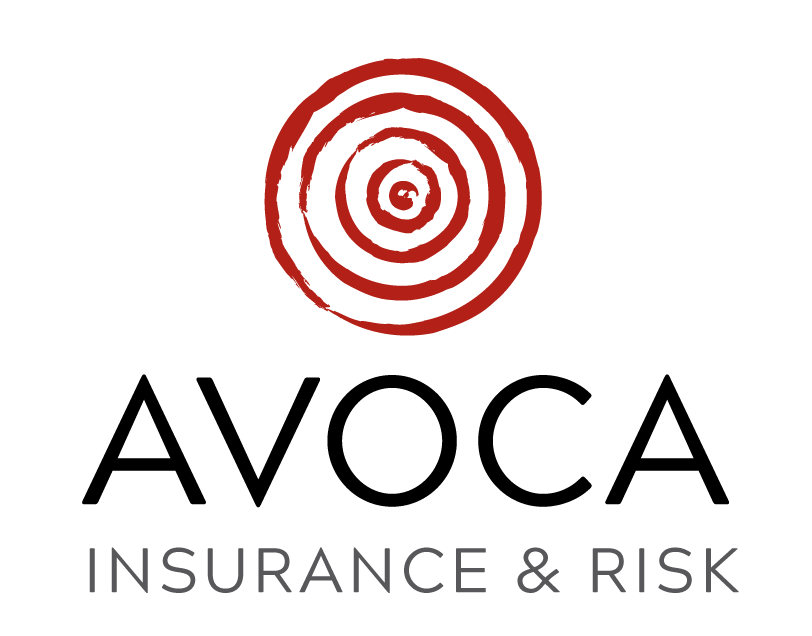
Why You Should Consider Cyber Insurance
If your business experienced a cyber-attack would it be able to tolerate the financial impact it could trigger – including a ransom? Cyber criminals are misusing the global focus on COVID-19 and the new typical of “working from home”, gaining access to networks, and extorting money.
In the last 3 months, there have been high-profile data breaches on telecommunications Giant Optus, Woolworths Group’s MyDeal online shopping platform, and Medibank one of the largest Australian private health insurance providers which have led to the personal details of millions of customers being unmasked.
Regardless of industry or the size of an organisation, hackers are making premeditated, frequent, and targeted attacks.
The scenario usually unfolds when a seemingly safe but compromised email, hyperlink, or attachment makes its way through IT systems and leads to unlawful theft and encrypting of corporate data from businesses.
Scammers use clever ways to catch people out, for example by setting up pretend online stores selling protective gear like face masks, etc, and stealing the victim’s credit card details to taking control of a victim’s computer system and locking data until a ransom is paid.
Often the only way of regaining access and avoiding further problems is to pay a cumbersome ransom to an anonymous offshore bank account.
It is important to know how to spot when something is not right.
How to spot a scam
Scammers Urge you to act quickly, often to verify personal and financial details, update passwords, etc
Scammers Send messages or emails with unusual links and attachments
Scammers Contact You “Out Of The Blue” or make offers that sound too good to be true
Scammers Claim. There Is An “Emergency”
Keeping your details safe
DO
- Promote a ‘stop and think before you click’ message amongst all staff
- Delete all emails or SMS messages from illegal sources
- Use strong secure passwords, biometric logins or even passphrases like “idontlikepineapples” which should at least be 12 characters long and include upper and lowercase letters, numbers and symbols for extra strength. ALSO make use of multi-factor authentications such as receiving SMS passwords to login into online platforms/ services
- Ensure all operating systems and application software update automatically where possible
- Installing anti-virus software and an ad-blocking browser plugin on staff computers to help prevent malware compromising business computers.
DON’T
- Hand out your personal information to unknown parties or allow them access to your devices, even if they claim to be from legitimate sources. Often these callers will ring you a few times to try and trick you, and you will notice their frustration if you do not hand out information they require.
- Click on suspicious pop-ups, links or attachments in emails and SMS messages that you were not expecting to receive.
“Small businesses are soon to be life-sized targets for cyber criminals”.
So should you consider cyber insurance cover for your business?
If you answer ‘yes’ to any one of the following 4 questions, then it is worth considering cyber insurance.
- Do you store personal and private customer data?
- Does your business rely on digital systems or applications to run its business?
- Does your business rely on online systems to trade and pay bills?
- Is your understanding of cyber security ‘average’ or ‘below average’?
You can submit a quote request through our website link https://www.avoca.com.au/cyber-insurance/


